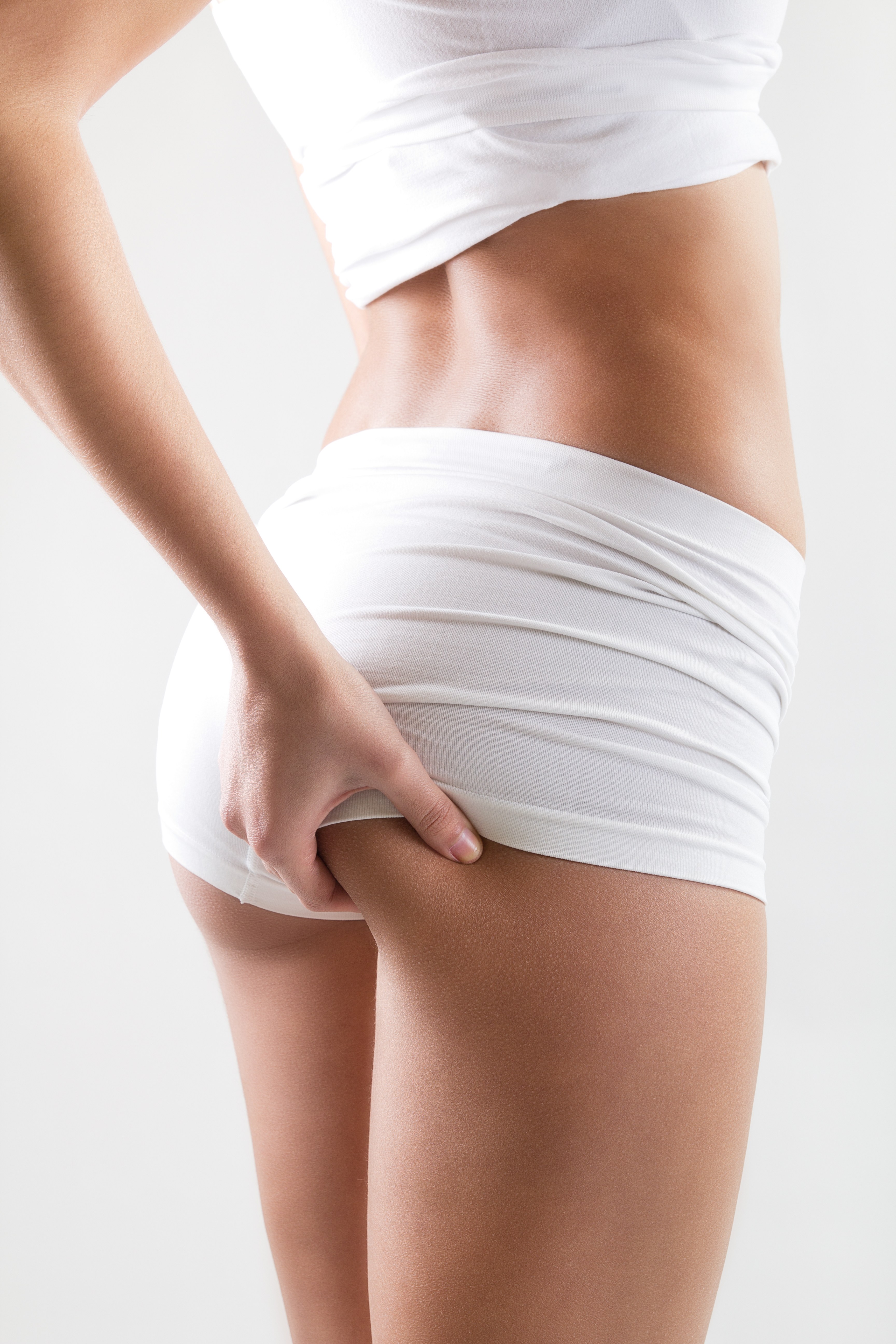 Praga Północ 690 165 065
Praga Północ 690 165 065 SanoMedica to miejsce na fizjoterapeutycznej mapie Warszawy Pragi Północ oraz Ursynowa, które łączy w sobie kompleksowość, profesjonalizm oraz nowoczesne metody badania i leczenia funkcjonalnego, rehabilitacji, masażu i fizjoterapii. Zajmujemy się schorzeniami i dysfunkcjami narządu ruchu, profilaktyką zdrowotną oraz promowaniem zdrowego stylu życia. Specjalizujemy się w terapii manualnej kręgosłupa i stawów obwodowych, rehabilitacji ortopedycznej, pourazowej, medycynie sportowej. Naszą specjalnością jest również profilaktyka powstawania wad kończyn dolnych i postawy u dzieci i dorosłych. Wykonujemy także komputerowe badania stóp w staniu i chodzie oraz dobieramy profesjonalne, indywidualne wkładki ortopedyczne ! w naszej ofercie jest też fizykoterapia!
W naszym gabinecie na pierwszym miejscu stawiany jest pacjent i jego potrzeby. Indywidualne i holistyczne podejście oraz stosowanie przez naszych terapeutów nowoczesnych metod fizjoterapeutycznych sprawia, że prowadzona terapia jest skuteczna. Celujemy w przyczynę Twojego problemu a nie w objawy !
Rehabilitacja uroginekologiczna to spektrum metod mających na celu poprawę kobiecego zdrowia i towarzyszenie im w okresie młodości, przygotowań do ciąży, porodu oraz połogu a także na dalszych etapach życia. Terapia uroginekologiczna pozwala na szybszy i bezpieczny powrót do aktywności sportowej i zawodowej kobiet w ciąży i po porodzie. Terapeuta ginekologiczny jest w stanie swoją pracą pomóc kobietom w dolegliwościach związanych z bólami dna miednicy i dysfunkcji w obrębie jamy brzusznej.

→ Czym jest cellulit?
Jest to nadmierne gromadzenie komórek tłuszczowych w tkance podskórnej, uwidaczniające się w postaci nierówności na skórze, podskórnych „grudek”, obrzęku (tzw. skórki pomarańczowej), a w niektórych przypadku odczuć bólowych.

|
NASZE GABINETY
|
|
|
|
